Hearing correction

specialists

equipment

treatment
Diagnostics
The first step in diagnosing hearing problems in adults is a consultation with a specialist. He conducts an initial examination and collects anamnesis. The doctor also clarifies the symptoms that the patient complains of.
Audiometric tests help to clarify the type and cause of hearing loss.
If necessary, the specialist refers the patient to other procedures. For example, measuring otoacoustic emission helps to determine how effectively the inner ear responds to noise. In order to exclude structural damage, the doctor refers the patient to visualizing hearing tests (MRI, CT).

- Tonal audiometry The ability to hear sounds of different frequencies and volumes is measured
- Speech audiometry The doctor checks how the patient perceives and repeats words at different volumes
- Tympanometry The work of the eardrum is studied, the presence of fluid in the middle ear is determined
Stages of hearing correction in the clinic "K+31"
Hearing correction at the K+31 clinic (Moscow) begins with an initial consultation. The next stage of hearing correction at the clinic is an examination. Then the center's specialist suggests which hearing aid to buy. The third stage of correction is the selection of the correct values of the hearing device. The adjustment is made in accordance with the client's audiometric data.
If necessary, as part of hearing correction, the patient is offered to attend classes with a speech therapist. This allows you to improve speech skills and adapt to a new way of perceiving sounds.
Patients suffering from hearing disorders and wearing special devices continue to regularly visit the clinic for check-ups. This allows you to adjust the device settings in time, if necessary.
You can sign up for a consultation and clarify the price of the service at the hearing correction center (Moscow) by phone.
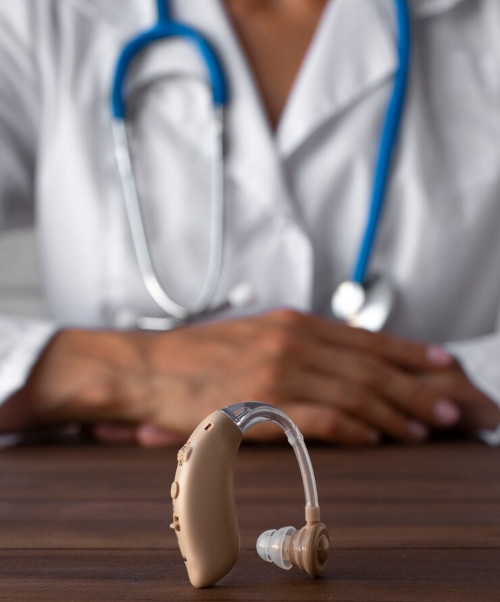
Answers to popular questions
People who experience hearing problems often ask questions about the causes of hearing loss and treatment methods.
Is it possible to restore hearing with hearing loss?
Restoration of hearing with hearing loss depends on its type and degree. After drug treatment of conductive hearing loss, hearing is partially or completely restored.
Complete restoration of hearing against the background of sensorineural hearing loss caused by damage to hair cells or the auditory nerve occurs with the help of cochlear implants.
What are the causes of hearing loss?
Hearing loss is often caused by age-related changes. Other causes include:
- Constant exposure to loud sounds
- Genetic predisposition
- Infections (otitis)
- Ear or head injuries
Hearing also decreases due to diseases that affect blood circulation (such pathologies include diabetes and cardiovascular pathologies).
How is hearing loss treated in children?
How often should you check your hearing?
What methods of hearing protection exist when exposed to noise frequently?
Can headphones damage your hearing?
Using headphones in itself is not harmful if you take precautions. The risk to your hearing increases when listening to music at high volume for a long time.
To avoid problems, it is recommended to follow the 60/60 rule. That is, you can listen to music at 60% of the maximum volume for no more than 60 minutes a day. It is also recommended to use headphones with a noise-cancelling function - they also help preserve your hearing.
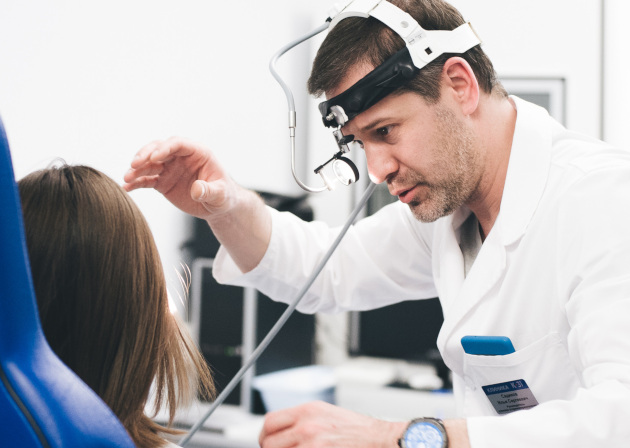
How is an appointment with an otolaryngologist at K+31?
Our doctors

This award is given to clinics with the highest ratings according to user ratings, a large number of requests from this site, and in the absence of critical violations.

This award is given to clinics with the highest ratings according to user ratings. It means that the place is known, loved, and definitely worth visiting.

The ProDoctors portal collected 500 thousand reviews, compiled a rating of doctors based on them and awarded the best. We are proud that our doctors are among those awarded.
Make an appointment at a convenient time on the nearest date
Price








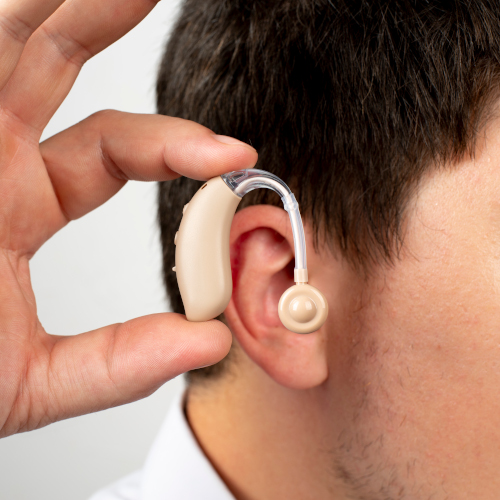

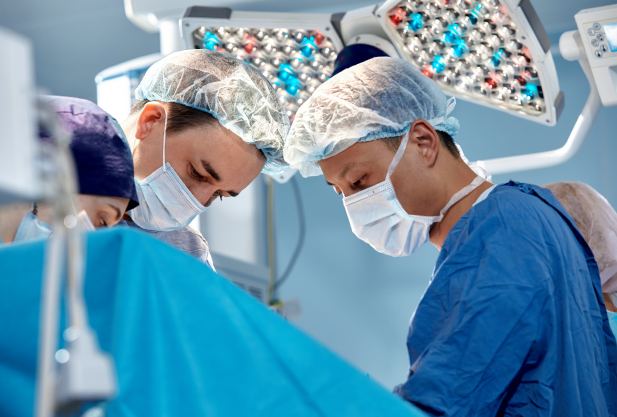
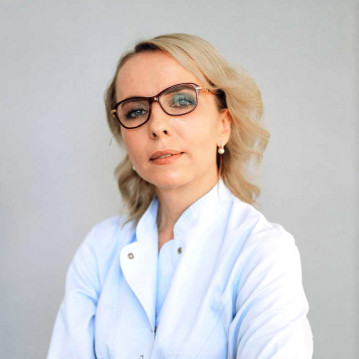
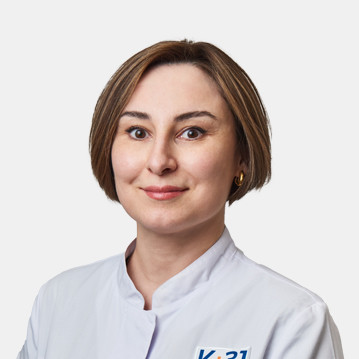


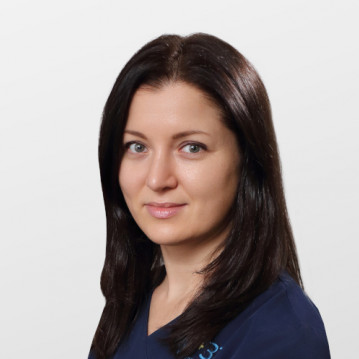

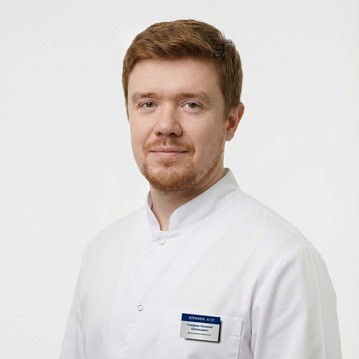
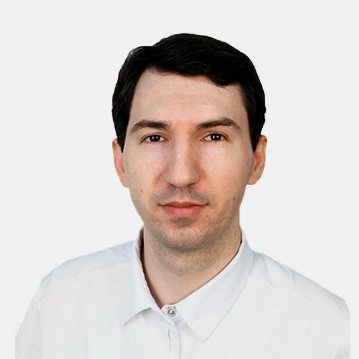

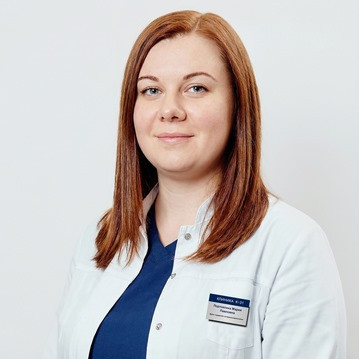
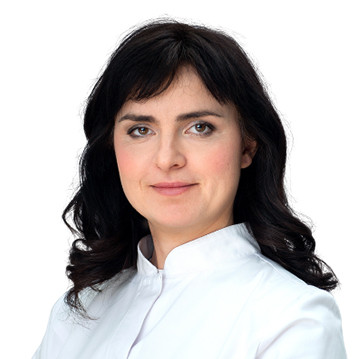

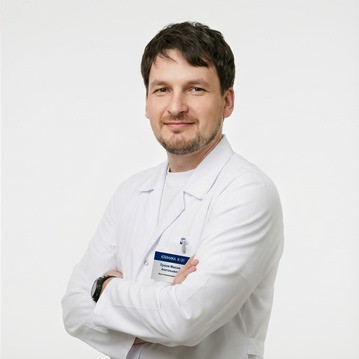
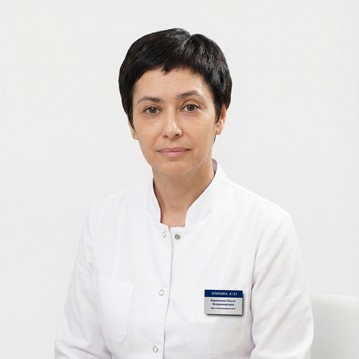
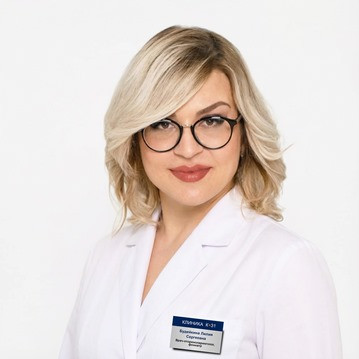

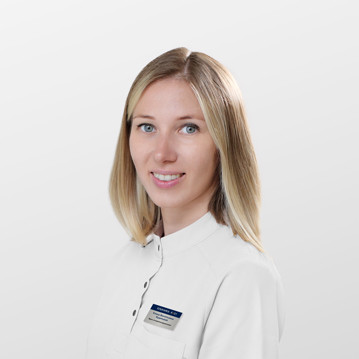
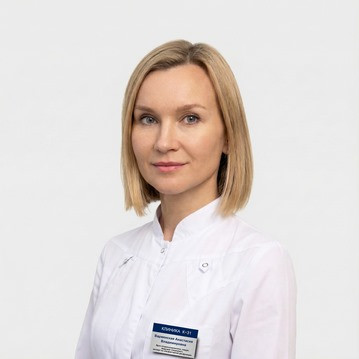
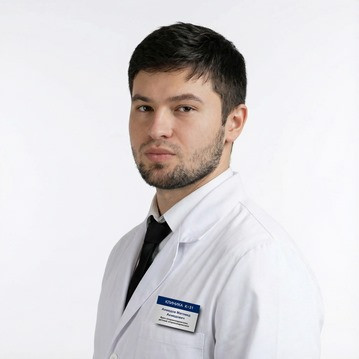


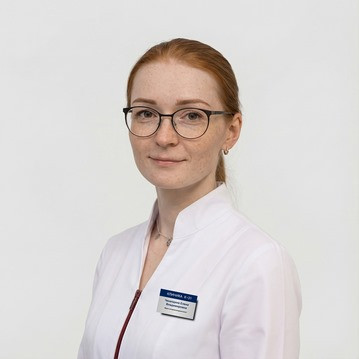

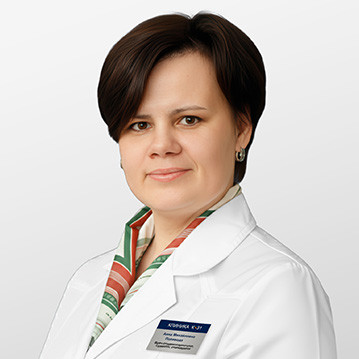
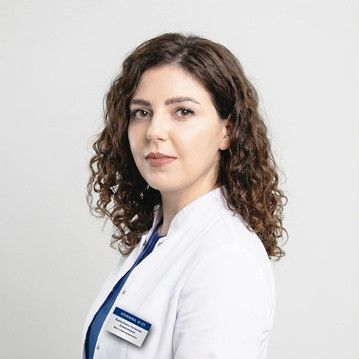
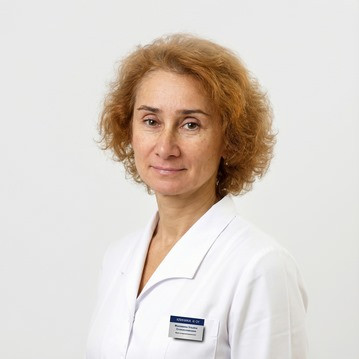
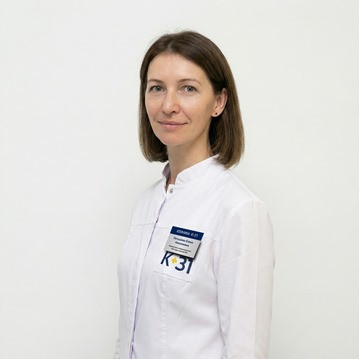
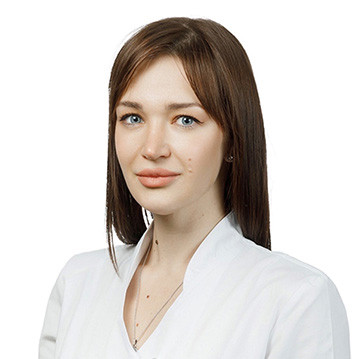







Indications for hearing correction
Hearing correction in adults is carried out against the background of deterioration in the perception of sound information. Correction is also recommended for people suffering from central hearing disorders caused by infectious diseases.
In addition, hearing correction is carried out in the presence of tinnitus (constant ringing in the ears). In all cases, this procedure helps to adapt to the sound environment.